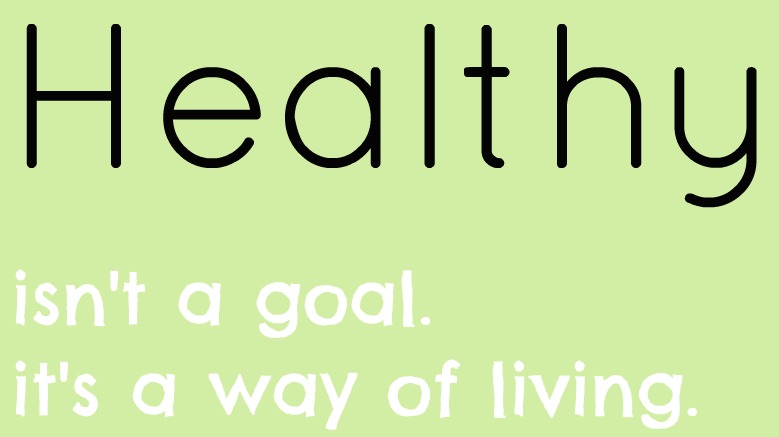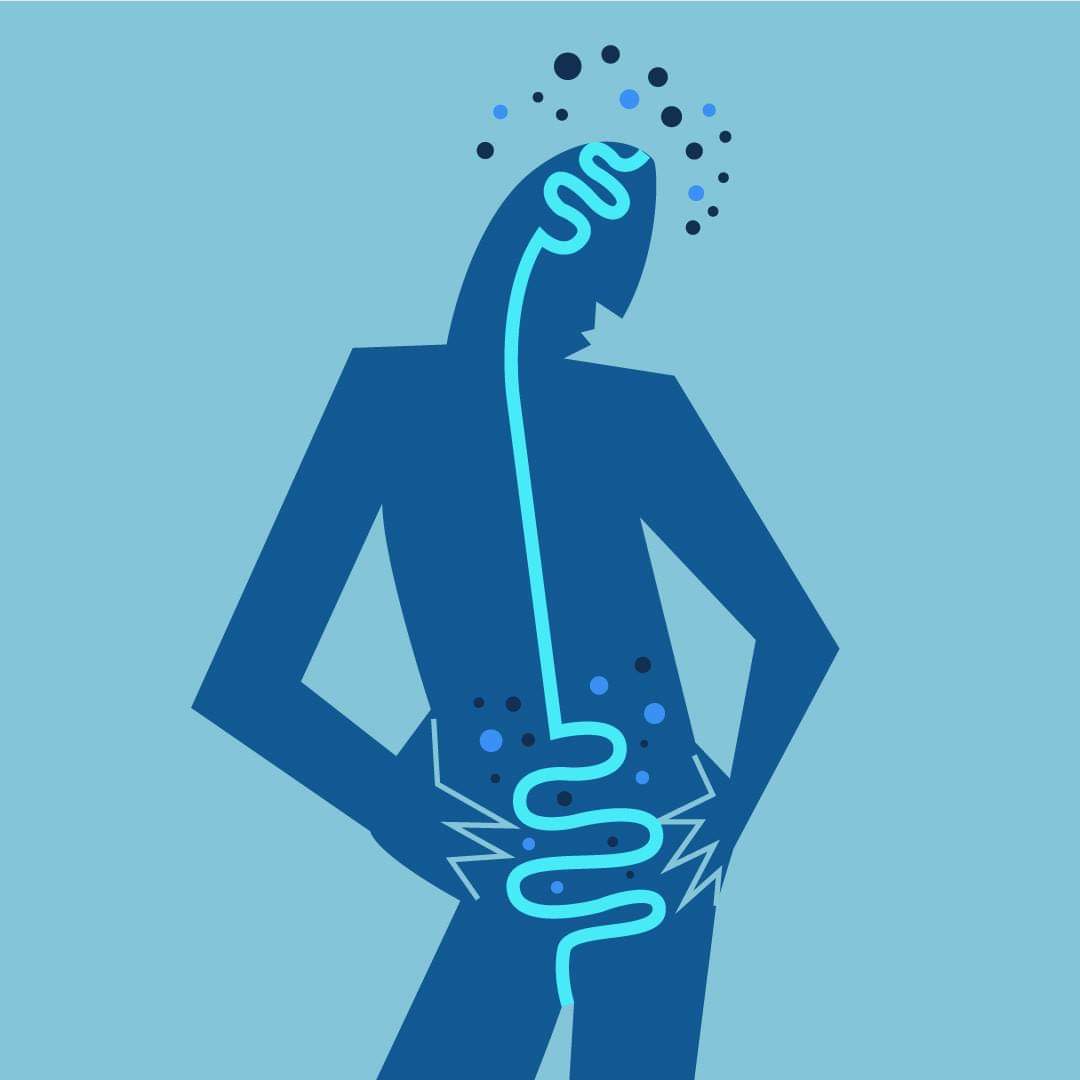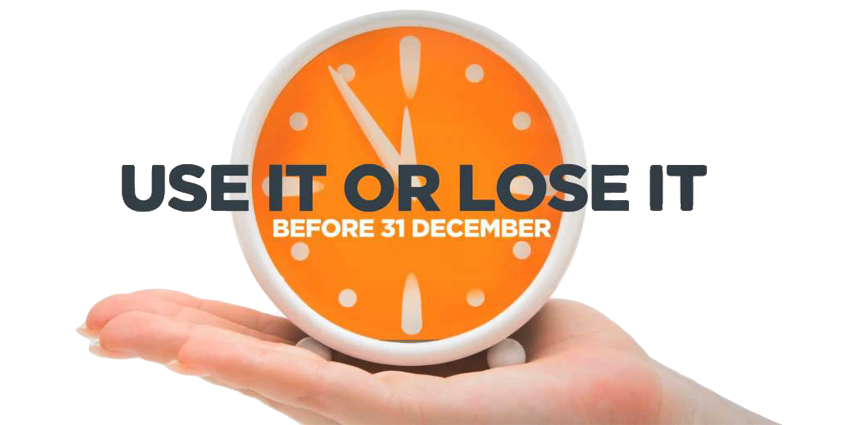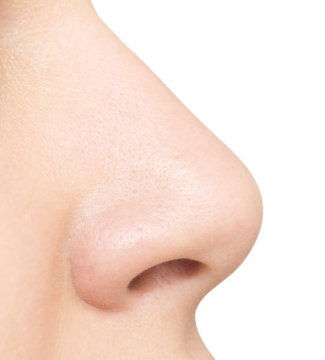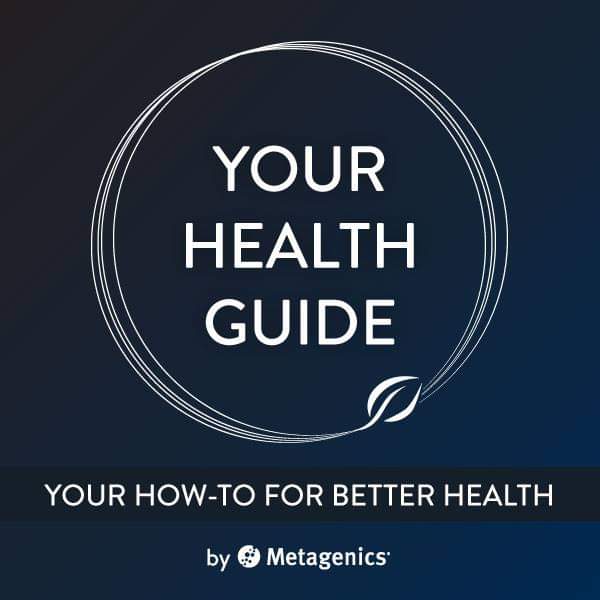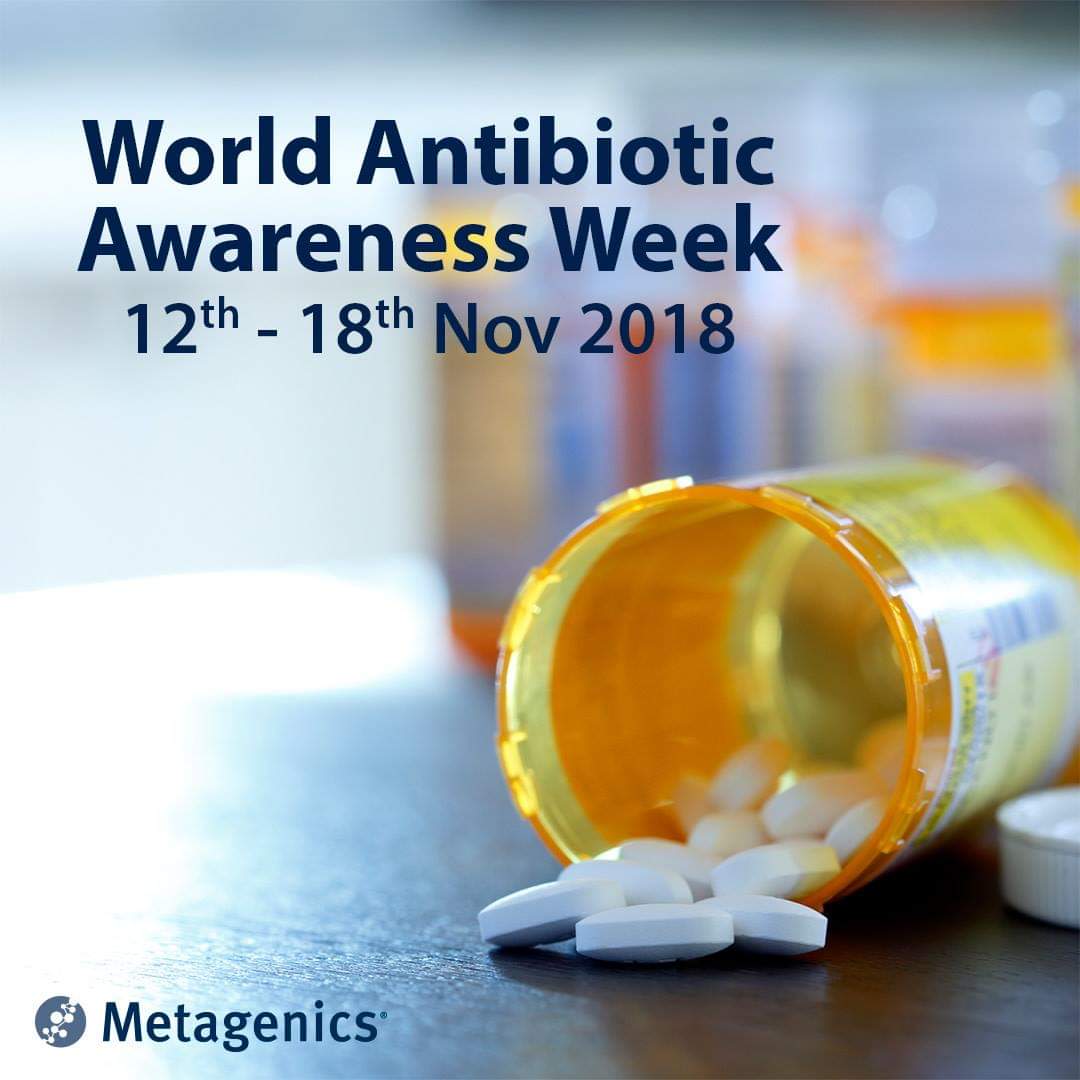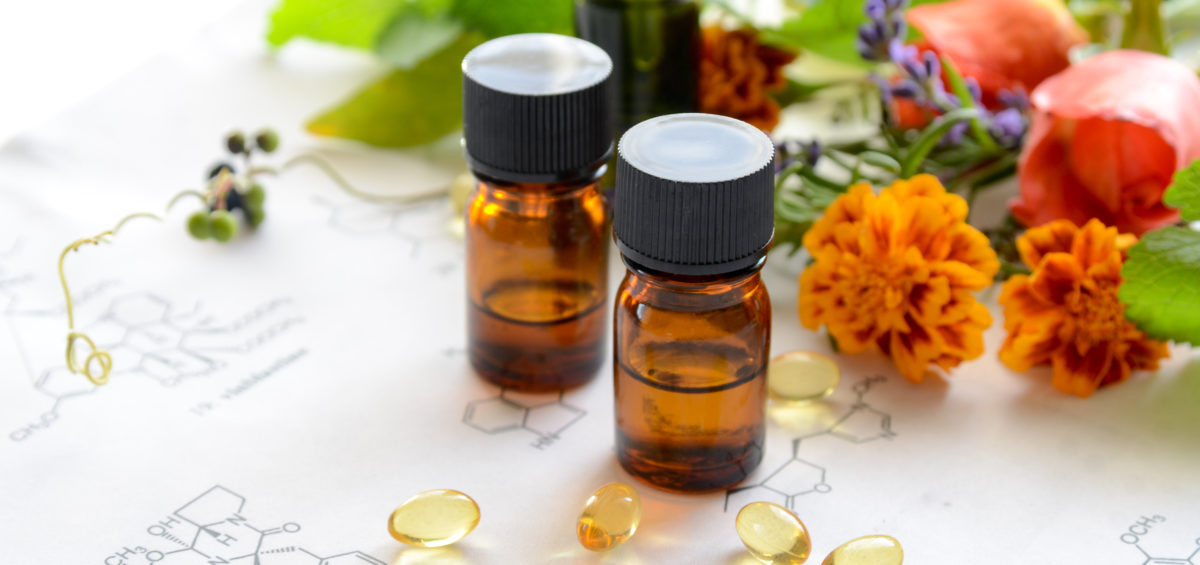From 1st of April 2019, the Australian Government will be removing private health insurance subsidies from a range of natural therapies, including Naturopathy and Herbalism. This surprising decision was made in response to a review, conducted by the National Health and Medical Research Clinic (NHMRC) in 2015 assessing the efficacy of 17 natural therapies, ranging from yoga to Naturopathy. The former Commonwealth Chief Medical Officer stated “there was no clear evidence” behind these therapies – a great leap, when you consider the limited information included in the review. The report has since undergone further scrutiny, with critics claiming that it did not follow recognised guidelines or standards in reviewing evidence, lacked transparency and it withheld critical information. The findings conducted by the NHMRC are now under investigation by the Commonwealth Ombudsman.1 The government says that while consumers can still choose to access these services, they will no longer be able to claim benefits from their insurer.2 Understandably, this has upset a large number of the Australian public, who proactively utilise natural therapies. It has also caused confusion as to how this decision has been passed.
Marla Cunningham, the Head of Clinical Research and Innovation at Metagenics, recently wrote an informative article titled “How Did the Australian Government Conclude ‘There’s No Evidence for Naturopathy’?” In this article, Marla refers to a number of reviews and scientific evidence on Natural Medicine that raise question over whether the government has made the right decision especially in the face of a burgeoning economic health care crisis. The full article can be read here.
Did They Review the RIGHT Evidence?
Many Australian’s have stumbled across robust evidence on the individual therapies that are employed by Natural Medicine Practitioners. As an example, omega-3 fish oil, probiotics, magnesium, turmeric, the Mediterranean diet, meditation, just to name a few, all have significant evidence to back up their ability to improve various health outcomes. Yet, one of the major flaws in using this NHMRC report to guide public health policy is that it only reviewed studies that looked at Naturopathy as a complete health service. Articles of this nature are rare. Few choose to study Naturopathy as a whole service, and instead prefer to study the effectiveness and safety of the component therapeutics employed by Naturopaths such as specific herbal and nutritional therapies, diet and lifestyle practices. Not considering the numerous reviews on these treatments of naturopathic practice, is akin to saying there is no value in seeing a doctor for high cholesterol, without any consideration for the pharmaceutical medications they prescribe to manage cholesterol. As Marla states;
“The one systematic review on whole practice Naturopathy that was found by the report – a review of six randomised controlled trials in North America – did provide positive evidence for the practice of Naturopathy. In fact, the review concluded that Naturopathy was effective in improving patient health for a range of chronic health conditions, including anxiety, multiple sclerosis, cardiovascular disease and musculoskeletal conditions.3”
Number of articles published in the last five years on the following individual therapies:
Probiotics – 9171
Turmeric- 2034
Curcumin – 6259
Fish Oil – 8471
Omega 3 – 8727
Is the Government Missing the Point?
Complementary medicine is just that – it can ‘complement’ orthodox treatment. By taking your doctor’s advice, blood tests and pharmaceutical prescriptions into consideration, Naturopaths are able to provide a holistic and personalised solution prescribing herbal and nutritional supplements, diet, exercise, and lifestyle advice to assist in healing to address the underlying cause of your presenting concern. Their treatments have been shown to optimise the results achieved with conventional treatments and minimising the risk of potentially harmful side effects of prescription medication. Naturopathy, when utilised as first port of call, has the ability to reduce the burden on the traditional healthcare system significantly. Numerous reviews and studies have identified the benefits of natural therapies, and Marla also acknowledges the following studies in her article;
A comprehensive review which looked at the nature of complementary medicine usage within Australia, found it to be commonly utilised by patients with these diseases,4 a trend that is supported by a wealth of evidence on the effectiveness of natural medicines for these conditions. For example, in the priority area of mental health, highlights high quality (scientifically rigorous) evidence for several herbs in the treatment of anxiety (including passionflower) and depressive disorders (including saffron).
A 2014 Frost and Sullivan report predicted the potential healthcare savings if at-risk Australians utilised just a handful of natural medicines for the prevention or treatment of key conditions – B vitamins and omega-3 for cardiovascular health; magnesium, calcium and vitamin D for bone health; lutein and zeaxanthin for eye health; and St John’s wort for depression5”
These ingredients, along with many others, are common components of Naturopathic treatment and due to their accepted efficacy are considered to be medicine. There are countless studies and trials demonstrating many more ingredients within the domain of Naturopathic practice, should become staples in everyday healthcare. It is important to keep the naturopathic industry healthy and thriving so it can continue to feed optimal solutions to the medical community.
Is Australia Lagging Behind?
While Australia lags, globally, other countries are leading the charge accepting nutritional and herbal treatments as effective, everyday medicine. For example, in Switzerland, the Swiss Federal Council acknowledge that complementary medicine meets statutory regulations when it comes to effectiveness, and guaranteeing high quality and safety.6 Hence, services such as homeopathy, Traditional Chinese Medicine and herbal medicine, are covered by mandatory health insurance. In India, traditional medicine is widely used, especially in rural areas where 70% of the Indian population lives. Services such as, Naturopathy, homeopathy, and yoga are all recognised by the Government of India.7 Whilst the Australian government is balking at providing support for these services, 70% of the Australian population use over-the-counter natural medicines and one third of the population use complementary therapies such as Naturopathy, massage therapy and chiropractic – showing huge public endorsement. What’s more, as per Marla’s article, “There are a number of health conditions which have been identified as national health priority areas by the Australian Government based on their contribution to the burden of disease in Australia – dementia, obesity, arthritis and musculoskeletal conditions, asthma, diabetes, mental health, injuries, cardiovascular disease, and cancer. 8
42% of Complementary Medicine users take these medicines to address national priority health conditions.
Your Health is Your Business.

As Benjamin Franklin said, “an ounce of prevention is worth a pound of cure”. Naturopaths shift the emphasis from ‘managing’ disease and symptoms to building and maintaining the best possible health. The principle objective of Natural Medicine is prevention, through educating and empowering people to attain better health through adopting a more natural lifestyle, eating a healthy diet, exercising, regulating sleep, and regenerating themselves physically, emotionally and spiritually. Rather than providing a band-aid that covers up symptoms, the goal is to identify and treat the cause with non-invasive, safe and effective natural therapies. All of these therapies of which have an abundance of research behind them, even if the entire practice of naturopathy as a ‘health service’ has yet to be extensively studied.
When it comes to your health, your freedom of choice should never be confined as to what the Government stipulates as ‘good for us’.
Despite what the Australian Government has concluded, embracing a health-enhanced lifestyle and working alongside a natural healthcare professional, can provide those with presenting health concerns with a greater quality of life.
A 2017 study of 252 Australian individuals aimed to assess patients perceptions of clinical care in complementary medicine. It concluded that complementary medicine practice is characterised by a patient-centred, empathic and empowering approach – with 99.2% of patients claiming they felt seen and heard as a unique individual by their complementary medicine practitioner.
As a result of education initiatives such as the How Dare They Campaign, saw at least 5315 letters be sent to members of parliament to resist the change, and reached over 780,000 people on social.
I Support Natural Medicine and I Vote had 1700 shares and 100,000 views on Facebook.
The Australian Public is invested in natural medicine practitioners and the therapies they offer.
Find a Practitioner here.
1 http://www.nhmrchomeopathy.com/ombudsman-exec-summary.html
2 http://www.health.gov.au/internet/main/publishing.nsf/Content/private-health-insurance-reforms-fact-sheet-removing-coverage-for-some-natural-therapies
3 Australian Government. Department of Health [Internet]. Canberra ACT: Department of Health; 2017 [updated 2017 June 29; cited 2018 Aug 3]. Available from: http://www.health.gov.au/internet/main/publishing.nsf/Content/phi-natural-therapies
4 Reid R, Steel A, Wardle J, Trubody A, Adams J. Complementary medicine use by the Australian population: a critical mixed studies systematic review of utilisation, perceptions and factors associated with use. BMC Complementary and Alternative Medicine. 2016 Dec;16(1):176.
5 Shanahan C, Lorimier R. Targeted use of complementary medicines: potential health outcomes and cost savings in Australia. Frost & Sullivan (Australia) Pty. Ltd., Sydney. 2014 Oct;116.
6 https://www.echamp.eu/news-and-events/news/complementary-medicine-in-switzerland-now-a-mandatory-health-insurance-service
7 http://apps.who.int/medicinedocs/en/d/Jh2943e/8.4.html
8 Australian Government. National Health and Medical Research Council [Internet]. Canberra ACT: National Health and Medical Research Council; 2016 [updated 2016 Aug 31; cited 2018 Aug 3]. Available from: https://www.nhmrc.gov.au/book/nhmrc-corporate-plan-2016-2017/nhmrc-s-strategic-direction/major-health-issue


